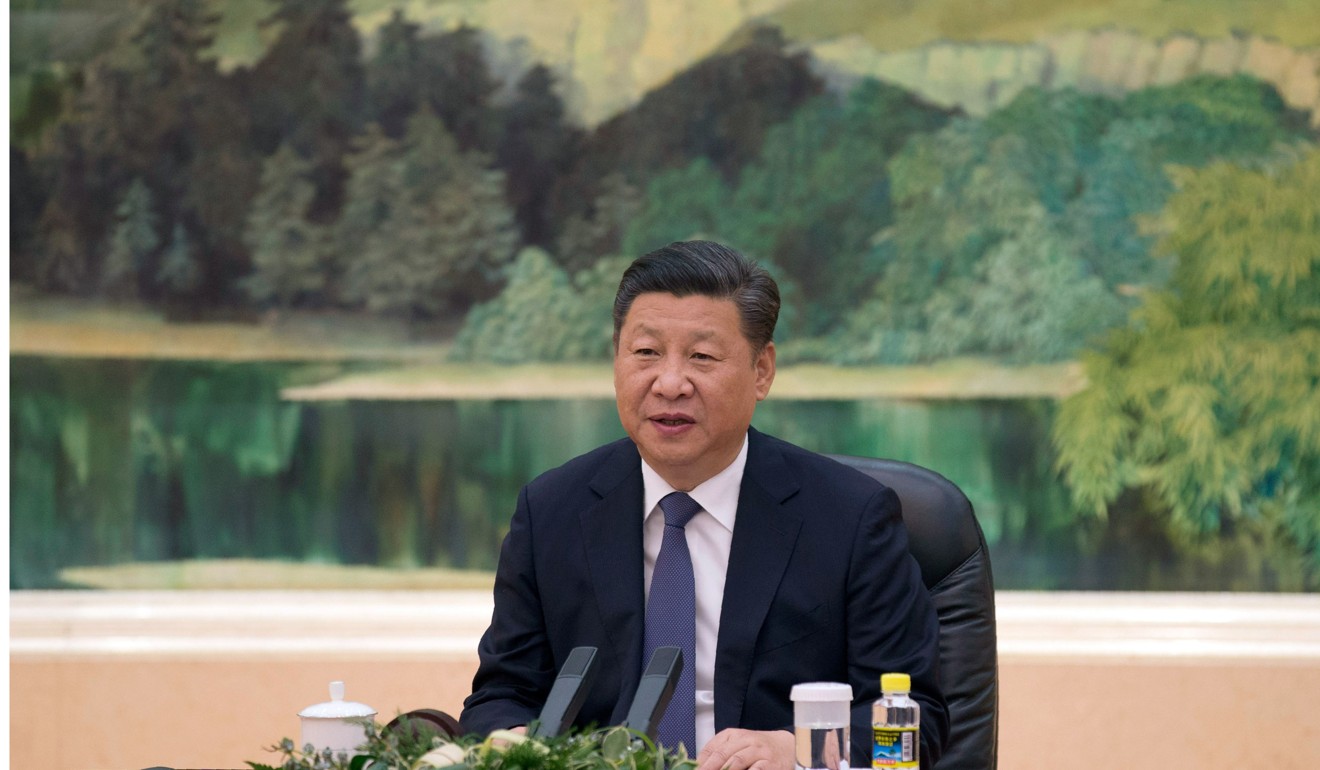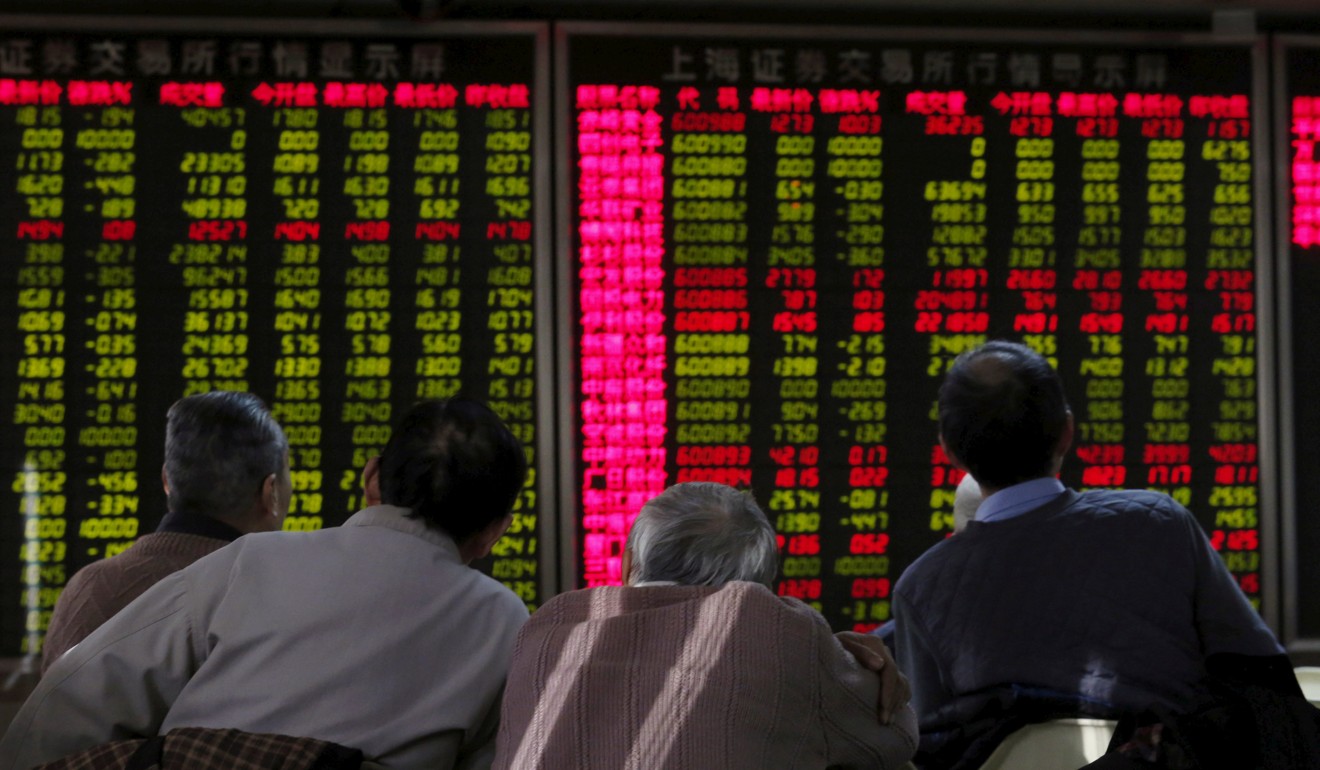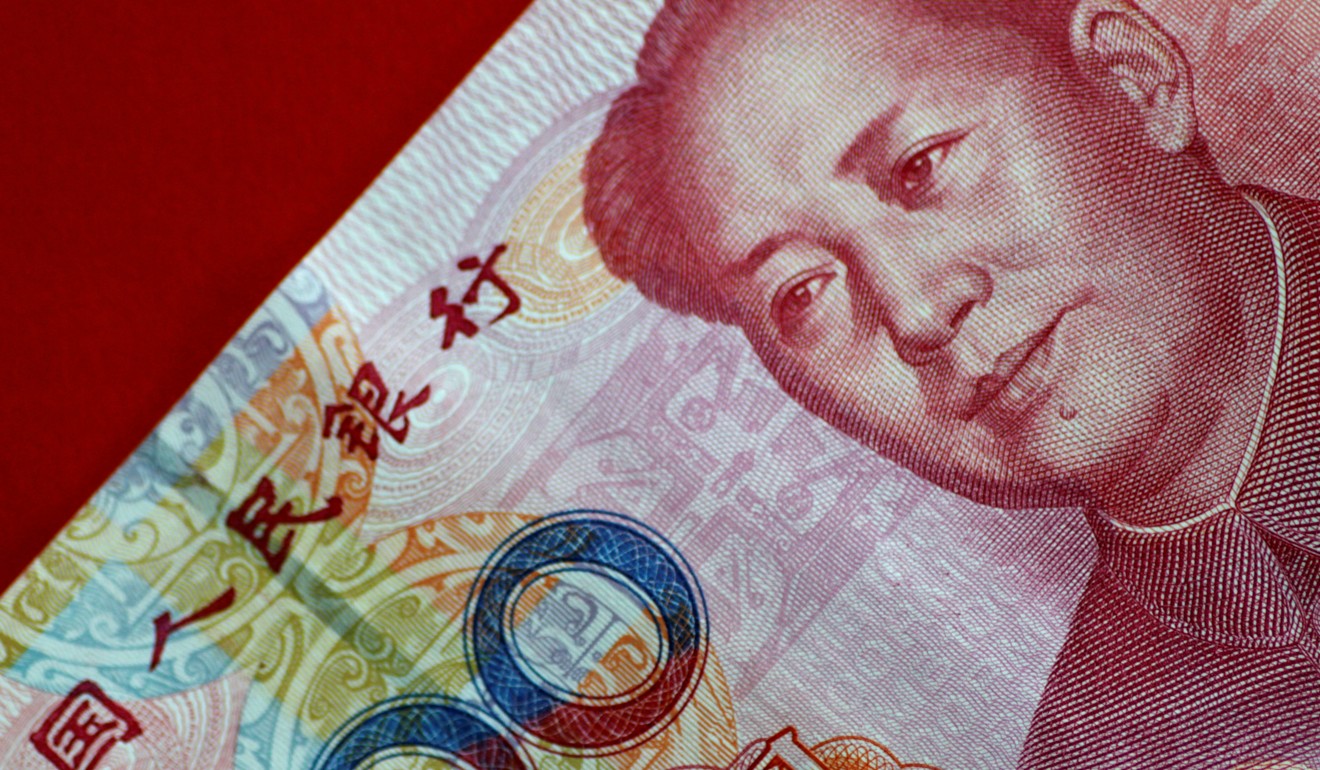
China’s financial watchdogs vow to clean up their mess after rebuke by Xi Jinping
The president has made it clear that containing financial risk will be a top task for China’s economic policymakers
China’s financial regulators, which have avoided being merged into one super regulator, have pledged to redouble their efforts to fend off financial risks, after their failure of duty was publicly criticised at a financial meeting chaired by President Xi Jinping.
Xi has made it clear that containing financial risk will be a top task for the country’s economic policymakers. The People’s Bank of China, the China Banking Regulatory Commission, the China Securities Regulatory Commission and the China Insurance Regulatory Commission have called for the faithful implementation of Xi’s instructions to keep major financial turmoil at bay.
Xi wants the agencies to anticipate and address risk that may lead to financial trouble. The stock market rout of the summer of 2015 exposed the agencies’ incompetence and corruption, and the recent protest by thousands of people in Beijing over the investigation of a pyramid fundraising scheme has provided a fresh reminder of the dangers of regulatory blind spots.

“Failing to detect financial risk in time is a breach of duty; spotting it but [doing so] without addressing risk is a dereliction of duty,” Xi told the National Financial Work Conference that concluded earlier this month. At the meeting, which is held every five years, China’s leadership also decided to set up a financial stability and development committee under the state council to get the agencies working together to prevent financial crises in China.
China’s financial sector expanded wildly in a super-loose monetary environment in the past decade. Irregularities, corruption and graft thrived as insiders, businessmen and officials colluded to take advantage of the regulatory vacuum.
“China’s financial sector probably has become an arena where the privileged tussle for interests,” said Zhong Wei, an economist at Beijing Normal University.

Regulators are moving to become more vigilant. The central bank said on Tuesday that it will put “systemic risk” prevention and control higher up on its working agenda.
The banking regulator has sent warning letters to state banks, asking them to check risks in loans to China’s big global dealmakers, including HNA Group, Dalian Wanda Group and Anbang Insurance Group.
China’s securities watchdog, which saw a number of senior officials toppled in corruption investigations, has been ruthlessly checking for market irregularities.
“There’s no capital market in the world that is independent from state or national interest,” the regulator said in a statement earlier this month. “The job to maintain financial stability and national financial security...is always the biggest political task in China’s capital market.”

China’s insurance regulator, which remains headless after its former chairman was put under probe in April, renewed a pledge to keep the insurance industry from serving as a funding source for tycoons and to act as Chinese society’s “stabiliser”. Wu Xiaohui, the chairman of Anbang, is now assisting investigations, sources said. The company said Wu couldn’t perform his duties for “personal reasons”.
Zhang Lifan, a political historian in Beijing, said a lot more could happen in China’s financial sector as it is now a key target of Xi’s anti-graft campaign and financial regulators are scrambling to prove their worth.
“Some officials are eager to defend themselves; some just cope with it,” Zhang said. “Some want to impress their boss before personnel reshuffles in the 19th Party Congress this autumn.”

